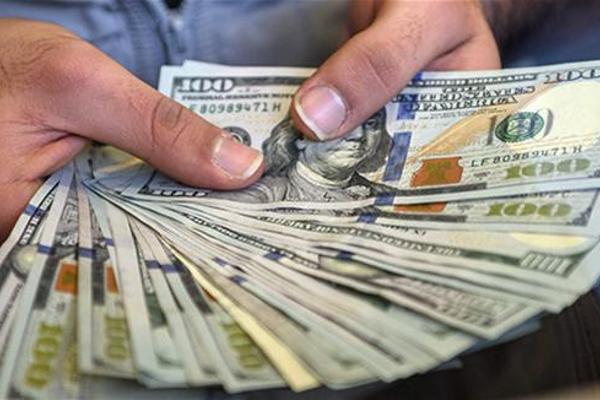Turkish gov’t stabilizes US dollar for companies in debt to public firms
ANKARA


AFP photo
A state of emergency decree has listed fields that indebted Turkish companies can payback to at a stable exchange rate, which is significantly below the current free market rate, amid Turkish authorities’ efforts to curb the rise of the U.S. dollar against the Turkish Lira.Companies that are indebted to public administrations, bodies with revolving funds, state economic enterprises and their partnerships, companies under privatization programs, managing companies under public control, the Saving Deposit Insurance Fund (TMSF) and incorporated companies with direct or indirect public stakeholders will be able to function at the exchange rate of Jan. 2, which stood at 3,5338.
The dollar was trading at 3.7778 liras as of the afternoon of Jan. 23.
The decree covers all general authorities such as the Prime Ministry, the Treasury, the Defense Ministry and bodies with independent budgets such as the Privatization Board or the General Directorate of Highways.
The decree rules that those indebted will pay at the current fixed rate should the dollar perform below the mentioned 3.5338 within a year.
Turkey’s currency has lost around a quarter of its value since the middle of last year. The lira depreciated by 10 percent against the dollar since the start of 2017, making it the world’s worst performing major currency.
That comes on top of double-digit falls both last year and the year before.
Economic growth in the third quarter, the latest data available, turned negative for the first time in seven years and is forecast at just 3.2 percent for 2016.
The recent decree allows state-run banks to sell their receivable bad loans to asset management companies, a permission that private banks have long made use of.
